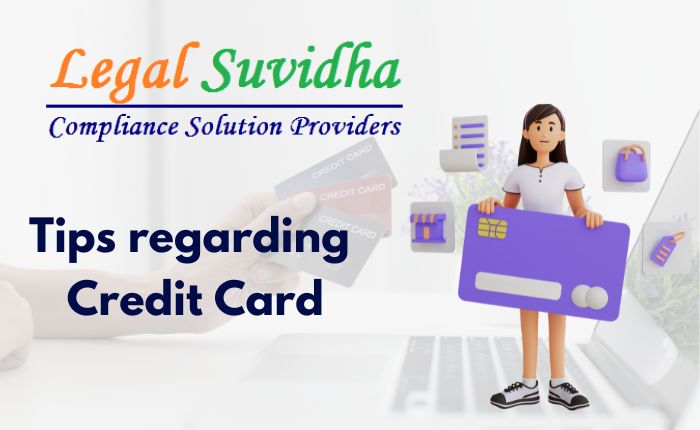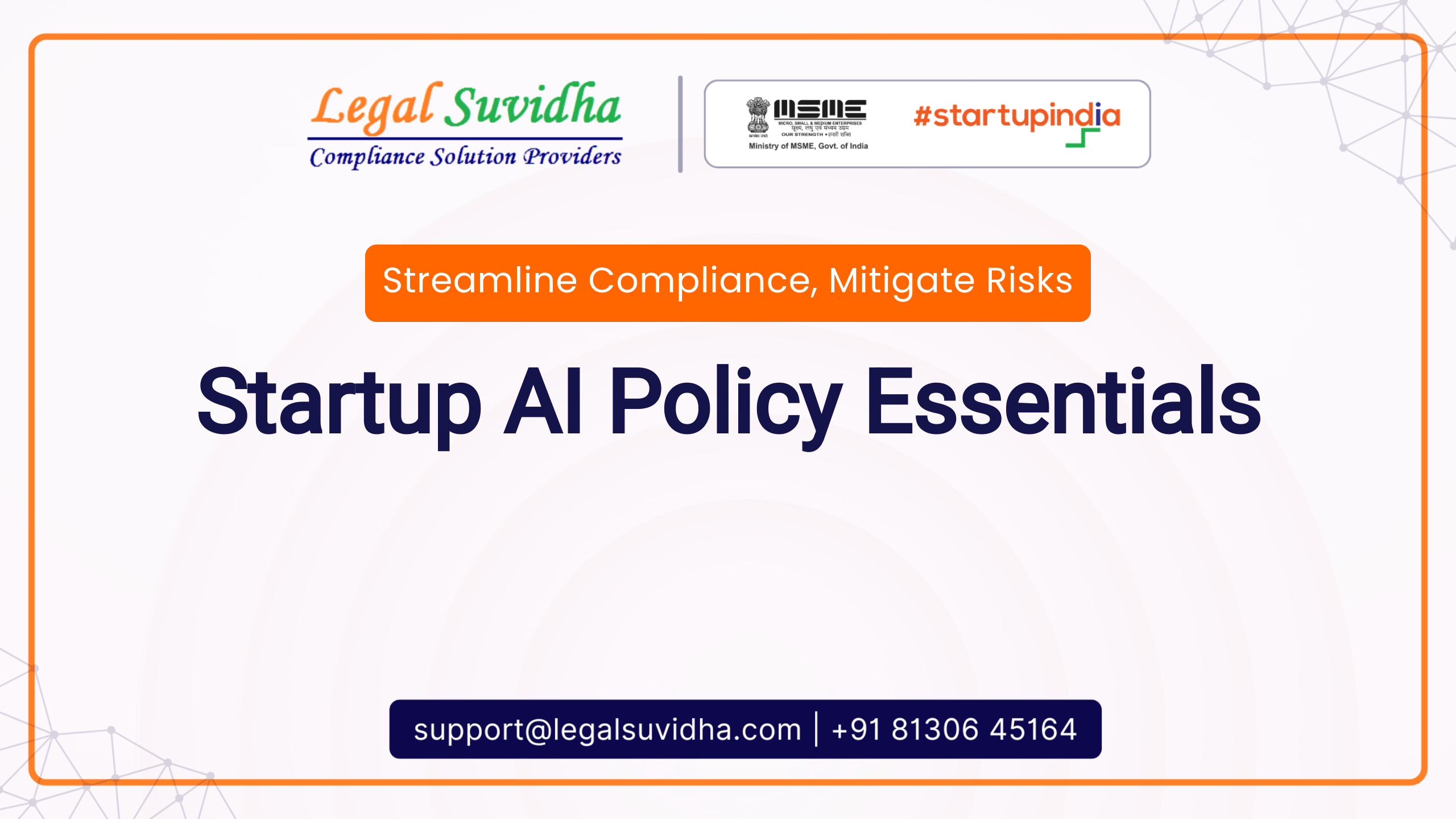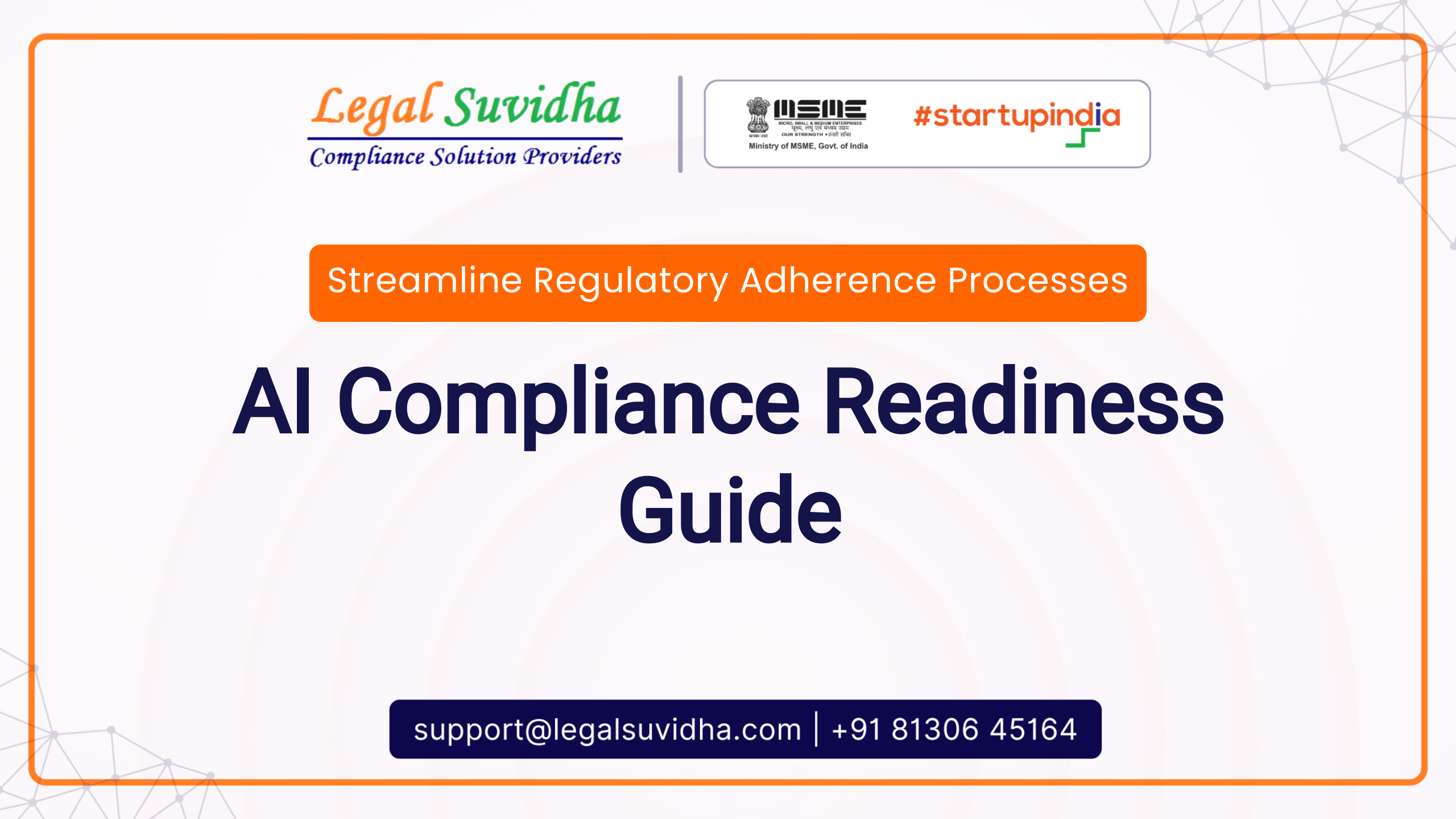Credit card have become an essential part of our lives as they provide us with the convenience of making payments without carrying cash. However, with convenience comes responsibility. It is important to take precautions while using credit cards to avoid falling into the trap of debt and fraud. In this article, we will discuss the precautions that one should take while using credit cards.
How to Choose a Safe Credit Card for Online Transactions –
Online transactions have become increasingly common, and credit cards are often used to make these purchases. However, using credit cards for online transactions also comes with risks, such as fraud and theft. To minimize these risks, it’s important to choose a safe credit cards for online transactions. Here are some tips on how to do so:
- Look for Secure Credit Cards
Some credit cards are designed specifically for online transactions and offer enhanced security features. Look for credit cards that offer two-factor authentication, virtual card numbers, or other security features that protect against fraud and theft.
- Check the Credit Card Issuer’s Security Measures
Before applying for a credit cards, research the issuer’s security measures. Look for issuers that offer fraud alerts, account monitoring, and other security features. Additionally, check the issuer’s policy on unauthorized charges and see how quickly they will respond to any issues.
- Compare Credit Cards Fees and Interest Rates
Fees and interest rates can add up quickly and make online transactions more expensive. Compare credit cards fees and interest rates to find a card that offers competitive rates and low fees. Look for cards with no annual fees, low foreign transaction fees, and low interest rates.
- Consider Credit Card Rewards
Many credit cards offer rewards, such as cashback or points, for purchases. Look for cards that offer rewards for online purchases, and compare the value of the rewards to the fees and interest rates associated with the cards. This can help you find a credit card that offers both security and value.
- Read Credit Card Reviews
Before applying for a credit card, read reviews from other customers to see how they rate the card’s security, fees, rewards, and other features. Look for reviews from customers who have used the card for online transactions to see how it performs in this area.
- Use Secure Websites for Online Transactions
Even with a safe credit card, it’s important to use secure websites for online transactions. Look for the padlock icon in the address bar and make sure the website address starts with “https”. This will ensure that your credit card information is safe.
Understanding Credit Card Fees and Interest Rates –
Credit cards can be a convenient way to make purchases, but they also come with fees and interest rates that can add up quickly. Understanding these fees and rates is important to avoid unexpected charges and to manage your credit cards debt effectively. Here’s what you need to know:
Credit Card Fees
- Annual Fees – This is a fee that some credit cards charge each year for the privilege of having the card. Annual fees can range from a few dollars to several hundred dollars, depending on the card.
- Late Payment Fees – This is a fee that credit card issuers charge when you don’t make at least the minimum payment by the due date. Late payment fees can range from $25 to $40, and can be charged every time you miss a payment.
- Over-Limit Fees – This is a fee that credit cards issuers charge when you exceed your credit limit. Over-limit fees can range from $25 to $35, and can be charged every time you go over your limit.
- Foreign Transaction Fees – This is a fee that credit card issuers charge when you make a purchase in a foreign currency or use your card while traveling abroad. Foreign transaction fees can range from 1% to 3% of the purchase amount.
Credit Card Interest Rates
- Annual Percentage Rate (APR) – This is the interest rate that credit card issuers charge on balances that are not paid in full each month. APRs can range from 10% to 30% or higher, depending on the card and the borrower’s creditworthiness.
- Introductory APR – Some credit cards offer an introductory APR for a limited time, usually 6 to 18 months, on purchases or balance transfers. Introductory APRs can be 0% or a low rate, but they will increase after the promotional period ends.
- Balance Transfer APR – This is the interest rate that credit card issuers charge on balances transferred from other credit cards. Balance transfer APRs can be 0% or a low rate, but they will increase after the promotional period ends.
- Cash Advance APR – This is the interest rate that credit card issuers charge on cash advances, which are typically charged a higher APR than purchases or balance transfers. Cash advance APRs can range from 20% to 30% or higher.
Protecting Your Credit Card Information: Tips for Safe Use –
Credit cards are a convenient way to make purchases, but they also come with the risk of fraud and identity theft. Here are some tips to help you protect your credit cards information and use your cards safely:
- Keep Your Card Secure – Keep your credit cards in a secure place and never leave it unattended. If your card is lost or stolen, report it to your credit card issuer immediately.
- Use Secure Websites – Only enter your credit card information on secure websites that have a “https” in the address bar and a padlock icon. Avoid entering your credit card information on unsecured websites or public Wi-Fi networks.
- Check Your Statements – Review your credit cards statements regularly to make sure there are no unauthorized charges. If you see any suspicious activity, report it to your credit card issuer immediately.
- Use Two-Factor Authentication – Enable two-factor authentication on your credit card accounts whenever possible. This adds an extra layer of security by requiring a second form of identification, such as a code sent to your phone, to access your account.
- Be Wary of Phishing Scams – Be cautious of emails or phone calls requesting your credit cards information. Legitimate companies will never ask you to provide sensitive information via email or phone. If you receive a suspicious email or call, do not respond and contact your credit card issuer.
- Use Mobile Wallets – Mobile wallets, such as Apple Pay or Google Wallet, can add an extra layer of security by allowing you to make purchases without sharing your actual credit card information with the merchant.
The Pros and Cons of Using Credit Cards for Travel –
Using credit cards for travel can have both advantages and disadvantages. Here are some pros and cons to consider:
Pros:
- Convenience – Credit cards are widely accepted and can be used for purchases in most countries around the world. They also eliminate the need to carry large amounts of cash.
- Rewards – Many credit cards offer rewards programs that allow you to earn points or cash back for travel-related purchases such as flights, hotels, and rental cars. These rewards can help offset the cost of your trip.
- Fraud Protection – Credit cards issuers typically offer fraud protection for unauthorized purchases, which can provide peace of mind while traveling.
- Emergency Funds – In case of an emergency, credit cards can provide a source of funds to cover unexpected expenses while traveling.
Cons:
- Fees – Some credit cards charge foreign transaction fees or annual fees, which can add to the cost of your trip. Be sure to read the terms and conditions carefully before using your credit cards for travel.
- Interest – If you carry a balance on your credit card, you will be charged interest, which can add up quickly and increase the overall cost of your trip.
- Overspending – Using a credit cards can make it easy to overspend and exceed your budget while traveling. Be sure to set a budget and stick to it.
- Security – While credit cards offer fraud protection, they can also be vulnerable to theft or loss. Be sure to keep your credit cards secure and report any suspicious activity to your issuer immediately.
In conclusion, using credit cards for travel can be a convenient and rewarding option, but it’s important to weigh the pros and cons before making a decision. Be sure to read the terms and conditions carefully, set a budget, and keep your credit cards secure while traveling.
If You have any query then connect with us at [email protected] or you can contact us & stay updated with our latest blogs & articles.









